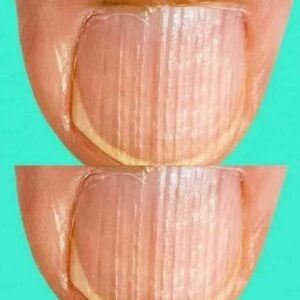What is a blood clot?
A blood clot is a clump of blood that’s changed from a liquid to a gel-like or semisolid state. Clotting is a necessary process that can prevent you from losing too much blood when you have a cut, for example.
When a clot forms inside one of your veins, it won’t always dissolve on its own. This can be a very dangerous and even life-threatening situation.
An immobile blood clot generally won’t harm you, but there’s a chance that it could move and become dangerous. If a blood clot breaks free and travels through your veins to your heart and lungs, it can get stuck and prevent blood flow. This is a medical emergency.
Blood Clot Symptoms: How to Tell if You Have One
Arms, Legs
The most common place for a blood clot to occur is in your lower leg.
A blood clot in your leg or arm can have various symptoms, including:
– swelling
– pain
– tenderness
– a warm sensation
– reddish discoloration
Your symptoms will depend on the size of the clot. That’s why you might not have any symptoms or only have minor calf swelling without a lot of pain. If the clot is large, your entire leg could become swollen with extensive pain.
It’s not common to have blood clots in both legs or arms at the same time. Your chances of having a blood clot increase if your symptoms are isolated to one leg or one arm.
Heart
A blood clot that forms in or around your ticker may cause a heart attack. Watch out for symptoms like these:
– Severe pain in your chest and arm
– Sweating
– Trouble breathing
Lungs
A blood clot that travels to your lungs is called a pulmonary embolism (PE). Symptoms that could be a sign of a PE are:
– sudden shortness of breath that isn’t caused by exercise
chest pain
– palpitations, or rapid heart rate
– breathing problems
– coughing up blood
Brain
Blood clots here may be caused by fatty deposits in the walls of the blood vessels that bring blood to your brain. Or sometimes, they may form because of a blow to your head that leads to a concussion.
In other cases, a clot that starts out in a different part of your body, like your chest or neck, might enter your bloodstream and travel to your brain, where it can cause a stroke.
Watch out for these symptoms:
– Problems with your vision or speech
– A seizure
– General feeling of weakness
abdomen
Blood clots that develop in the abdomen can target a variety of organs, so symptoms vary from person to person. Some people may not develop — or notice — any symptoms at all. Clots that develop in the abdomen are a form of deep vein thrombosis (DVT) and can cause symptoms like:
– severe abdominal pain
– abdominal pain that comes and goes
– nausea
– vomiting
– bloody stools
– diarrhea
– bloating or swelling in the abdomen
– abdominal fluid accumulation, known as ascites
While these symptoms can signal a clot, they can also develop with other conditions. Before diagnosing you with an abdominal blood clot, a doctor may want to rule out other causes, like a stomach virus or food poisoning.
Kidneys
A blood clot in your kidneys can keep them from removing waste from your body. That can cause high blood pressure or even kidney failure.
This is dangerous, so look out for these symptoms:
– Pain in the side of your belly, legs, or thighs
– Blood in your urine
– Fever
– Nausea or vomiting
– High blood pressure
– Sudden severe leg swelling
– Trouble breathing
Sources: https://www.webmd.com/dvt/blood-clot-symptoms
https://www.healthline.com/health/how-to-tell-if-you-have-a-blood-clot#seeking-medical-help





